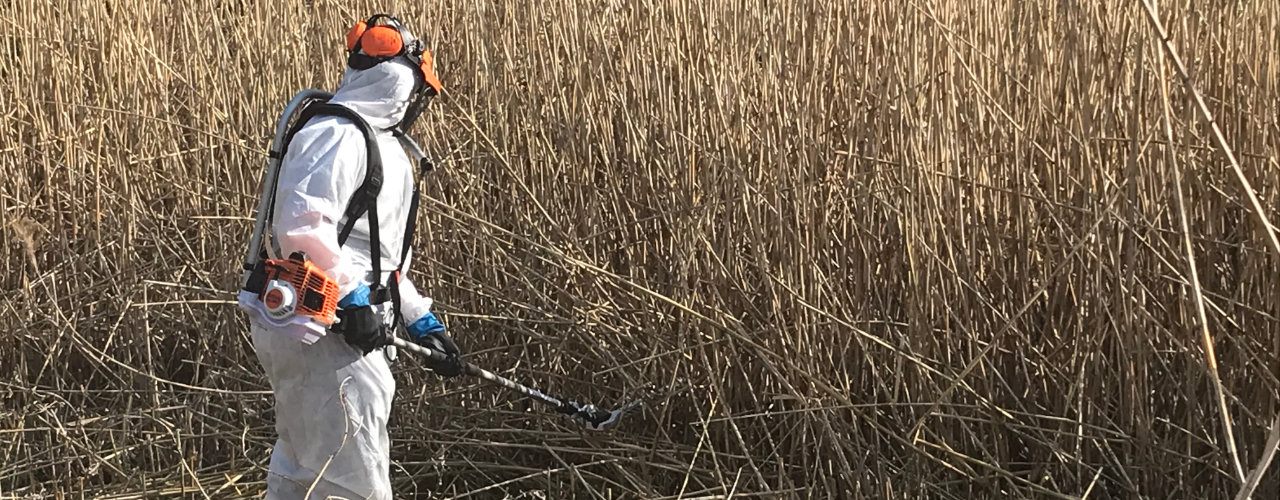We understand the crucial role a well-maintained reed bed can play in water treatment. We also acknowledge that reed beds are valuable ecosystems that provide a habitat for various plant and animal species.
That’s why maintaining them requires a sustainable approach, too, to ensure their health and effectiveness while enhancing their environmental performance. Here are five examples of sustainable practices we use to manage and maintain reed beds, which often challenge traditional methods offered within our industry.












